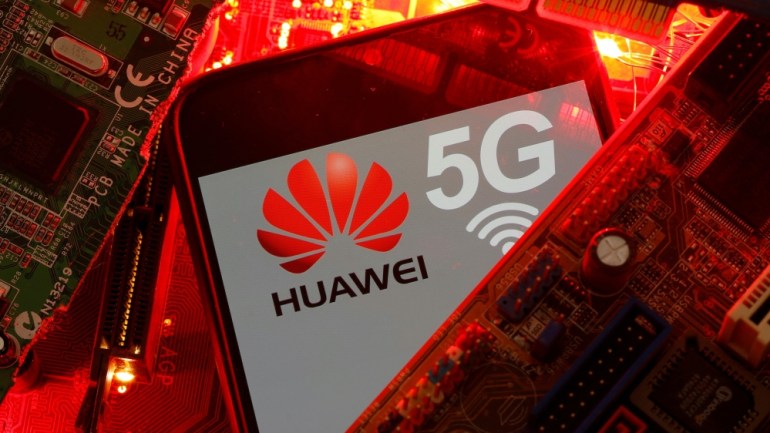Pompeo urges US universities to scrutinise Chinese students
US secretary of state renews calls for US universities to close Beijing-funded Confucius Institutes on campuses.

Secretary of State Mike Pompeo has urged universities in the United States to scrutinise China’s assistance and students, warning that Beijing was set on stealing innovation.
The outgoing top US diplomat, known for his hawkish views on China, made the speech during a visit to Georgia, a state with a growing Asian-American community and which next month holds two runoff elections that will determine which party controls the US Senate.
Keep reading
list of 3 itemsFor Biden, tough China trade and tech questions may have to wait
A ‘new Cold War’?: How the US-China trade dispute is deepening
Pompeo said that the US should welcome Chinese who “genuinely” want to study in the country but pointed to two cases of Chinese students who were charged with spying and other examples of Beijing harassing its students abroad.
“If we don’t educate ourselves, if we’re not honest about what’s taking place, we’ll get schooled by Beijing,” Pompeo said in a speech at the university Georgia Tech on Wednesday.
“The Chinese Communist Party knows it can never match our innovation,” Pompeo said. “That’s why it sends 400,000 students a year to the United States of America.”
He renewed calls for US universities to close all Confucius Institutes, the Beijing-funded institutions that offer Chinese-language instruction but are careful to toe to Beijing’s line on politically sensitive topics.
“We need administrators to close Confucius Institutes and investigate what so-called ‘student groups’ backed by the CCP money are actually up to on their campuses,” Pompeo said.
US-China relations have deteriorated sharply in recent years, with President Donald Trump launching a trade war and accusing Beijing of industrial espionage. The administration also placed the Chinese tech giant Huawei on its Entity List, which restricts US firms from doing business with the company.
Trump has also attacked Beijing for its initial response to the coronavirus outbreak, which was first detected in the Chinese city of Wuhan in late 2019, and has used the term “Kung Flu” to refer to the virus.

Pompeo has described China as a central threat to the world and declared that President Trump has turned the page on decades of US engagement with Beijing that have failed.
President-elect Joe Biden has broadly agreed on the challenge from Beijing but has taken a less bellicose tone, with his aides seeing areas of cooperation, such as fighting pandemics and climate change.
In his remarks on Wednesday, Pompeo criticised several universities by name including the prestigious Massachusetts Institute of Technology.
Pompeo said he had hoped to deliver his remarks there but was told by its president, Rafael Reif, that his comments “might insult their ethnic Chinese students and professors”.
MIT denied his account, saying it was contacted in August about being the venue for the speech by Pompeo and was “honoured to be considered”.
Citing gathering limits due to COVID-19, MIT said in a statement it “turned down a number of other high-level guests for the same reasons”.